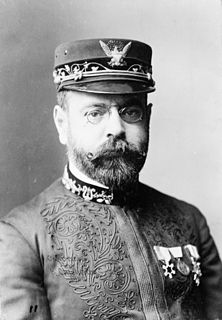A Quote by Peter Greenaway
Related Quotes
So in Jamaica it is the aim of everybody to talk English, act English and look English. And that last specification is where the greatest difficulties arise. It is not so difficult to put a coat of European culture over African culture, but it is next to impossible to lay a European face over an African face in the same generation.
James Joyce's English was based on the rhythm of the Irish language. He wrote things that shocked English language speakers but he was thinking in Gaelic. I've sung songs that if they were in English, would have been banned too. The psyche of the Irish language is completely different to the English-speaking world.
The post-Second World War simple system of social democracy and organized labour has fragmented massively, but just because people aren't organized in workplace trade unions doesn't mean they aren't in associations with other people - work-based, place-based, culture-based, sport-based, faith-based - there's a bit of an old rainbow coalition argument.






































